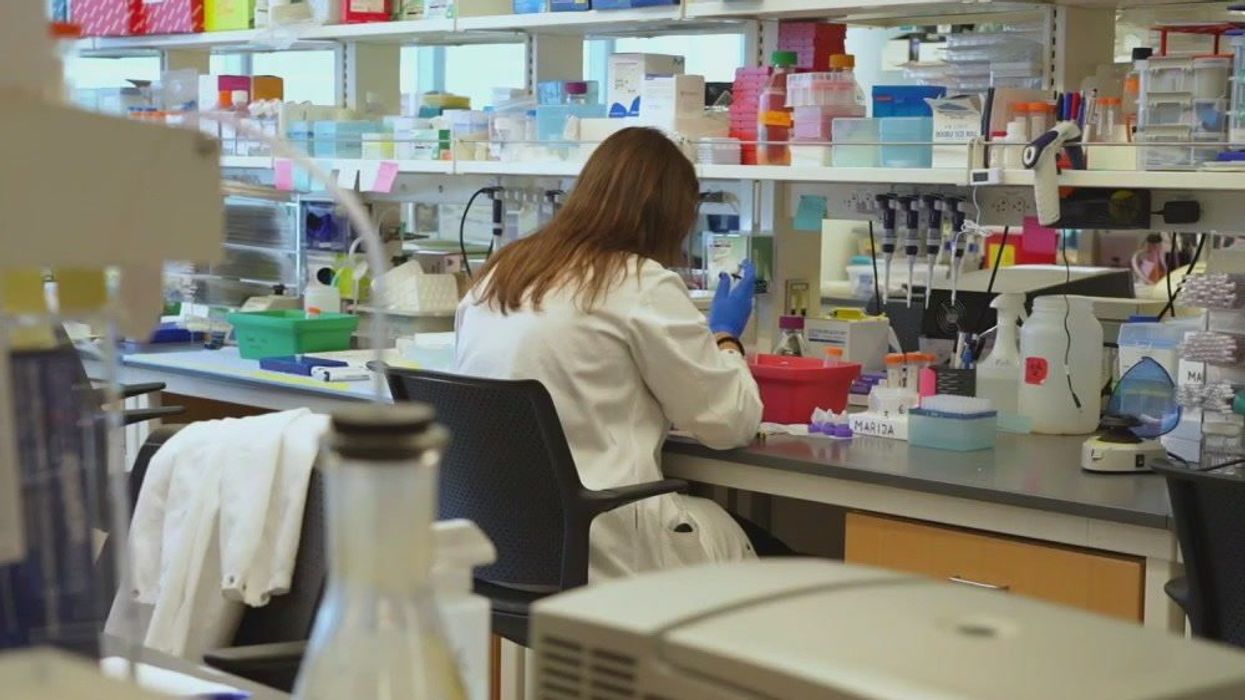Gregory Robinson
Nov 19, 2024
COVID-19 research sparks hope for new cancer treatments
Fox - 32 Chicago / VideoElephant
Scientists have discovered a possible way salmonella could be used to fight bowel cancer.
Salmonella is a bacteria which can cause food poisoning. The bacteria can be found in many foods, including sprouts and other vegetables, eggs, chicken, pork, fruits, and even processed foods, according to the Centers for Disease Control and Prevention (CDC).
But a groundbreaking study led by the University of Birmingham in collaboration with the University of Glasgow has offered new hope in treating the UK’s second leading cause of cancer-related deaths. There are around 16,800 deaths annually in the UK due to bowel cancer.
In the study, which was funded by Cancer Research UK, the researchers found that salmonella could be engineered to allow T cells to kill cancer cells. T cells are a type of white blood cell that protects the body from infection and disease.
The team used mice with colorectal cancer and found salmonella typically stops T cells from fighting cancer cells as it depletes an amino acid called asparagine.
However, specially engineered salmonella bacteria could work alongside the immune system to tackle cancer according to the study’s findings. The researchers propose genetically engineering bacteria to avoid targeting asparagine, which should enable T cells to work effectively alongside the bacterial treatment.
Dr Alastair Copland, research fellow in immunology at the University of Birmingham, said: "Bacterial therapies are an exciting way to treat cancer by essentially starving tumours of vital nutrients. One longstanding mystery has been why T cells, which are key to fighting cancer, don’t function optimally during this treatment.
“Now, we’ve identified the protein responsible for this, and pinpointed an exciting genetic target that could help us unleash the full potential of this therapy. It’s particularly rewarding to turn a disease-causing bug like Salmonella into one that combats cancer.”
The study was published in the journal EMBO Molecular Medicine.
Sign up for our free Indy100 weekly newsletter
How to join the Indy100's free WhatsApp channel
Have your say in our news democracy. Click the upvote icon at the top of the page to help raise this article through the Indy100 rankings
Top 100
The Conversation (0)














